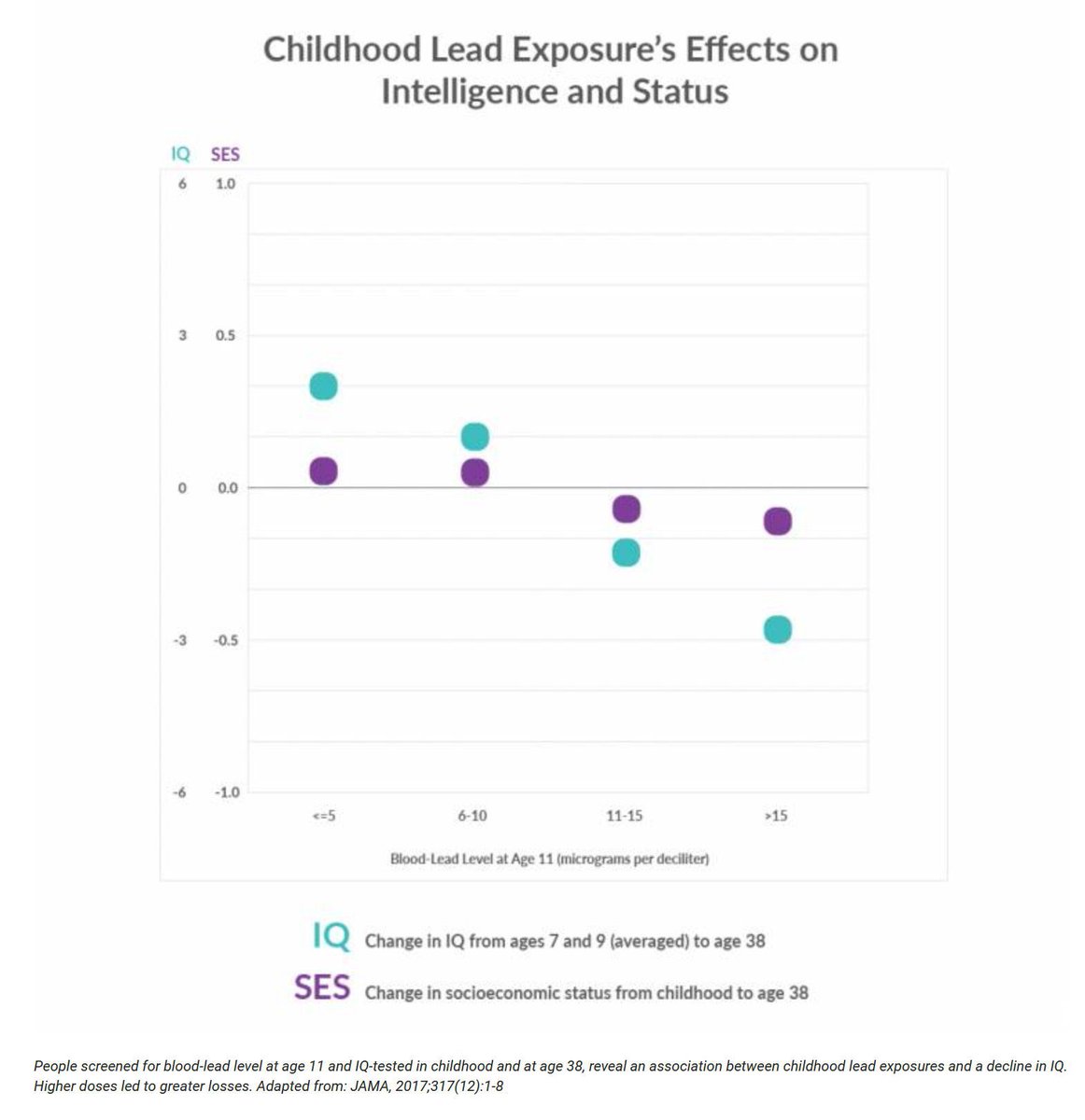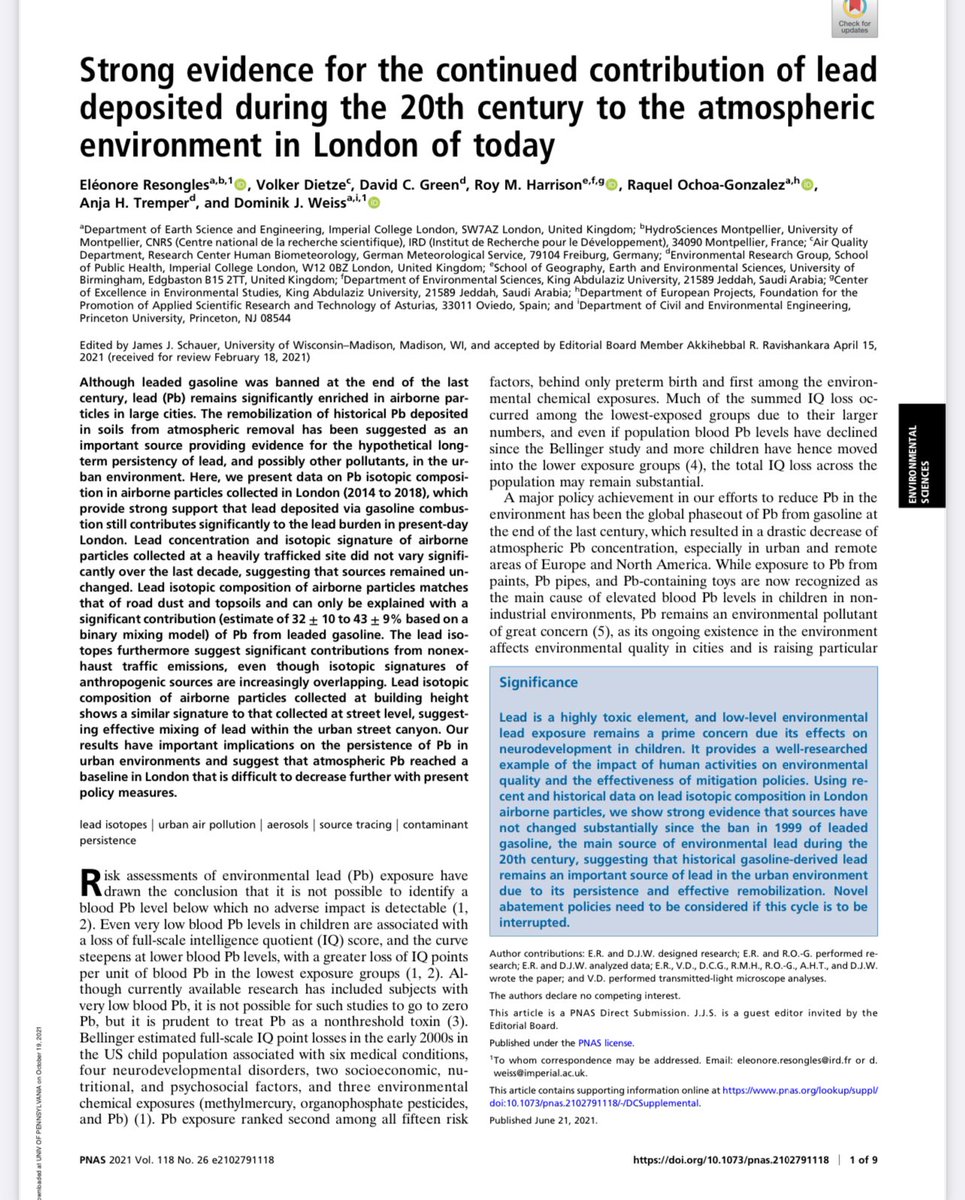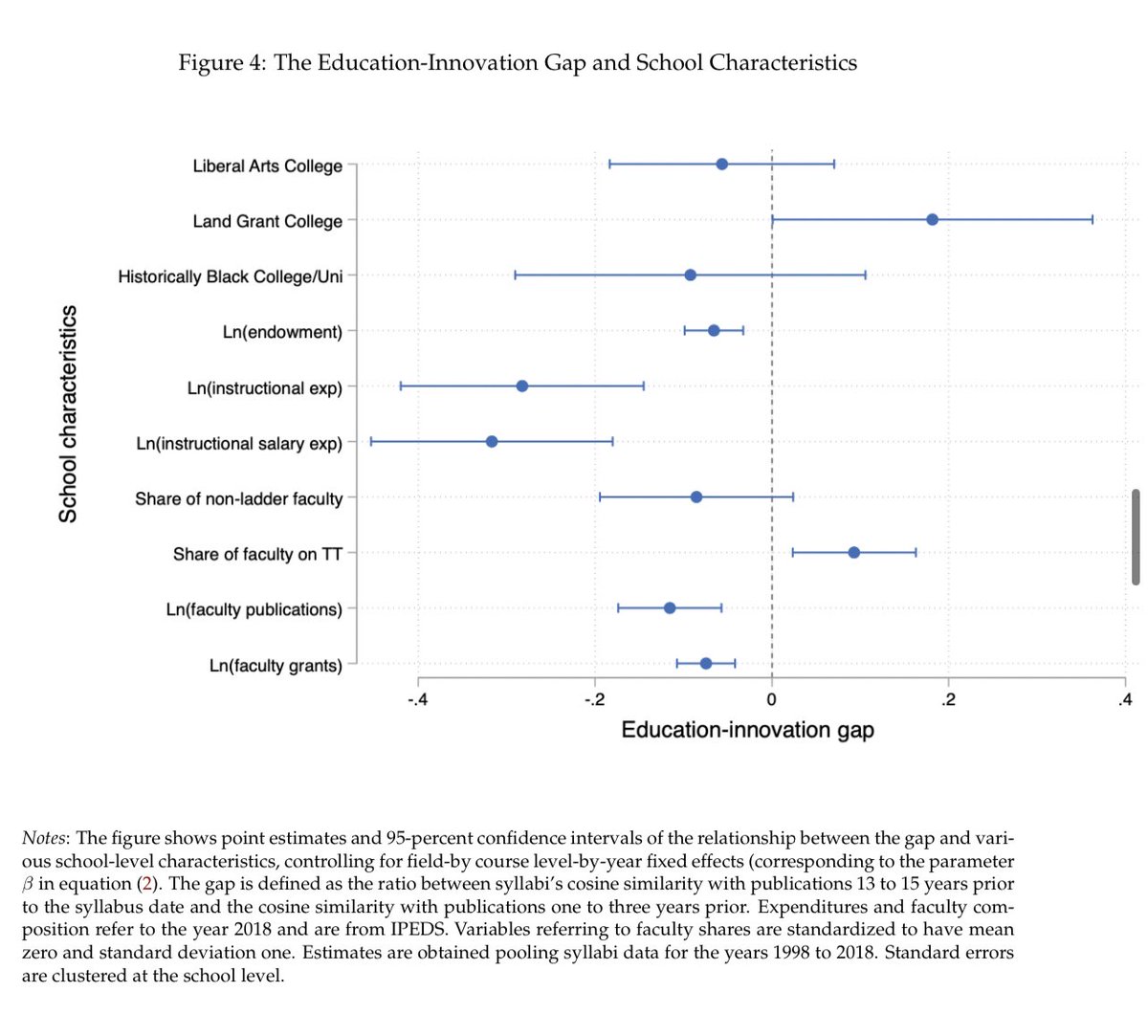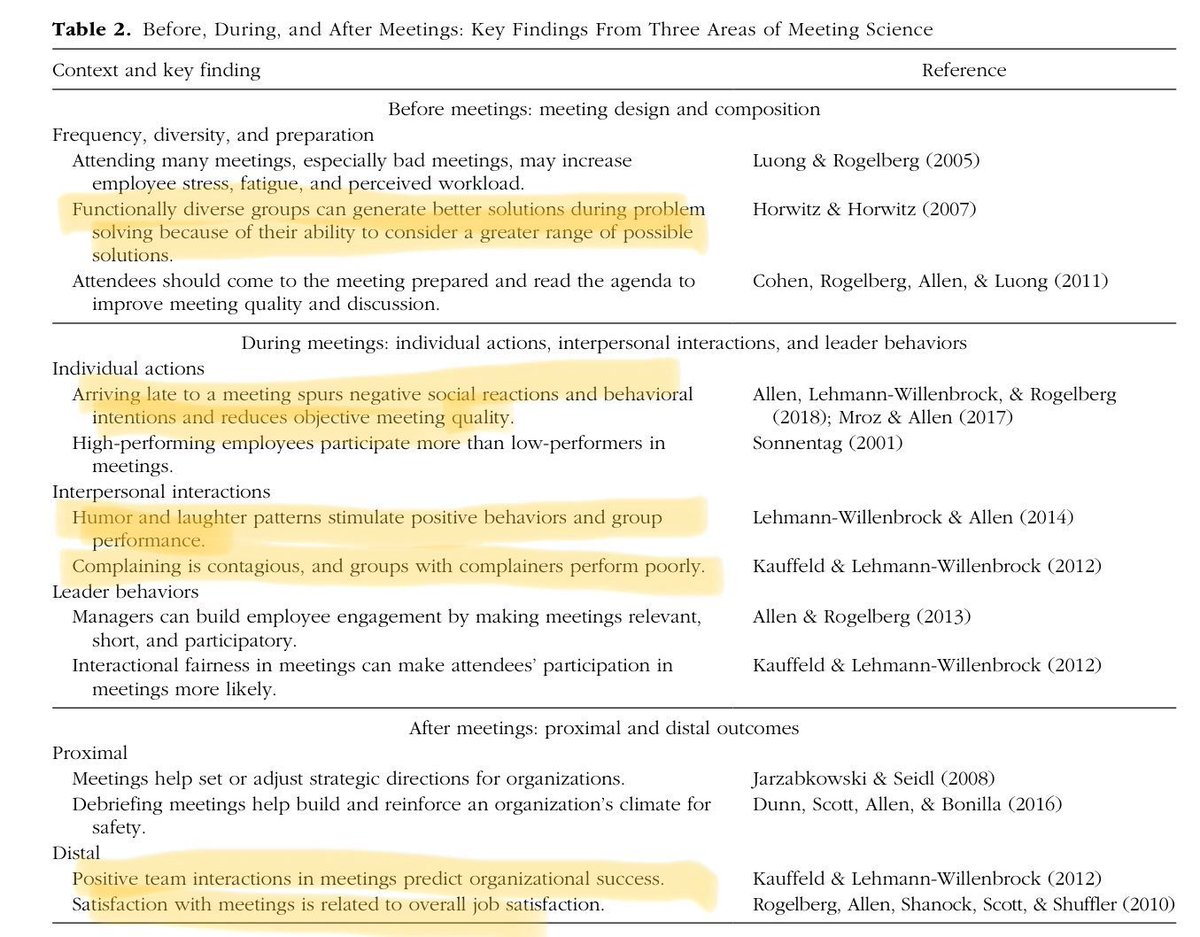
Knowing true information can sometimes cause harm (think of the annoyance of seeing spoilers as a tiny example). This paper on information hazards is a preview to many of the issues we face today.
So, a 🧵 on some surprising hazards of knowledge... 1/ nickbostrom.com/information-ha…

So, a 🧵 on some surprising hazards of knowledge... 1/ nickbostrom.com/information-ha…


Ideological hazards: Most people have only a little knowledge about what their ideological belief (whether religious or political) really encompasses. On the web, you can learn that your chosen belief system also includes hazardous elements that you feel you need to adopt. 2/ 

Evocation hazards: there may be particular information that, when people encounter it, triggers them. This is not just in the common sense of triggering past trauma, but that some conspiracy theories or memes might be unusually tempting to people in particular mental states. 3/ 

Norm hazards: we share common sets of beliefs about how we, as a society or economy, should operate. If information breaks our belief in these norms, even if the information is true, it can create instability in the overall system. 4/ 
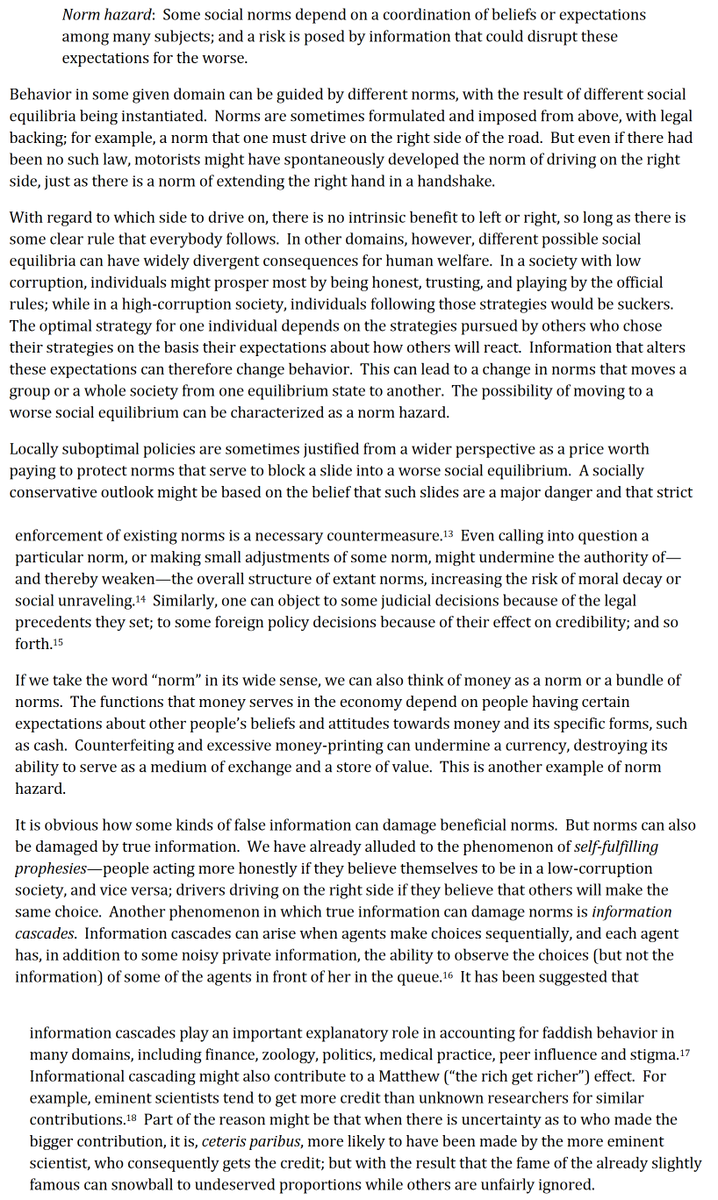
Psychological reaction hazard: "Information can reduce well-being by causing sadness, disappointment, or some other psychological effect in the receiver." We know this actually happens in social media from experiments 6/
https://twitter.com/emollick/status/1414358902318288901
And then there is the science fiction favorite - the Neuropsychological Hazard, where information will actually cause physical harm. Triggering epileptics is one real example, mentioning MacBeth at a theater a fictional one. A list of more Basilisks: …if-of-harmful-sensation.wikiverse.org 7/ 

And then there is this amazing example of an information hazard that the paper didn’t consider, when learning about how an organization really works is like Lovecraftian secret knowledge that drives you mad, as you learn how there is no guiding power, only the uncaring void... 8/
https://twitter.com/emollick/status/1422198237344145410
• • •
Missing some Tweet in this thread? You can try to
force a refresh









